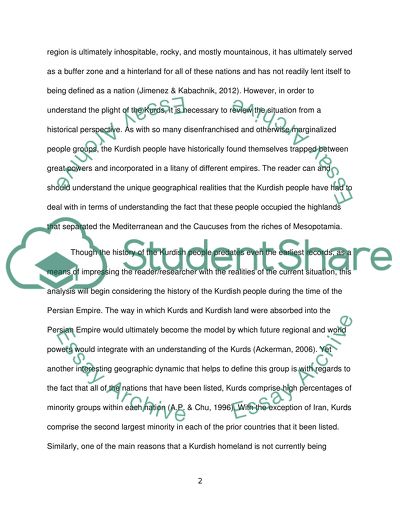Cite this document
(“The Kurdish Question Essay Example | Topics and Well Written Essays - 1000 words”, n.d.)
The Kurdish Question Essay Example | Topics and Well Written Essays - 1000 words. Retrieved from https://studentshare.org/geography/1476420-the-kurdish-question
The Kurdish Question Essay Example | Topics and Well Written Essays - 1000 words. Retrieved from https://studentshare.org/geography/1476420-the-kurdish-question
(The Kurdish Question Essay Example | Topics and Well Written Essays - 1000 Words)
The Kurdish Question Essay Example | Topics and Well Written Essays - 1000 Words. https://studentshare.org/geography/1476420-the-kurdish-question.
The Kurdish Question Essay Example | Topics and Well Written Essays - 1000 Words. https://studentshare.org/geography/1476420-the-kurdish-question.
“The Kurdish Question Essay Example | Topics and Well Written Essays - 1000 Words”, n.d. https://studentshare.org/geography/1476420-the-kurdish-question.


